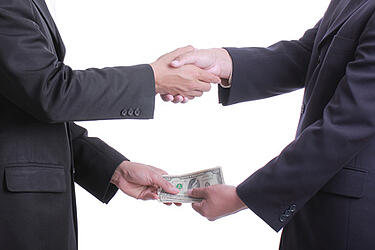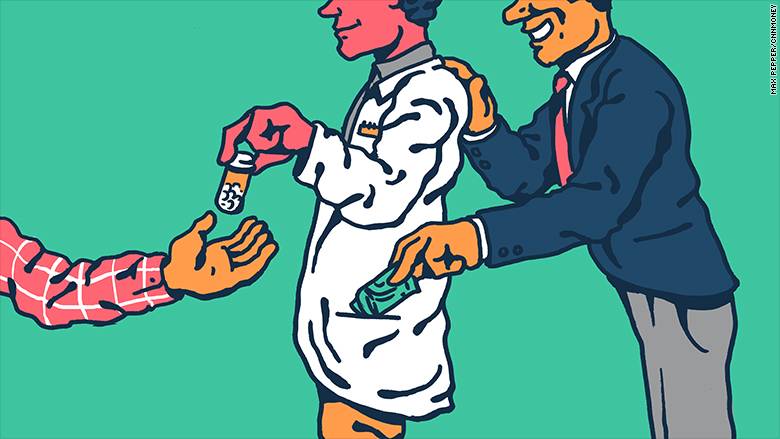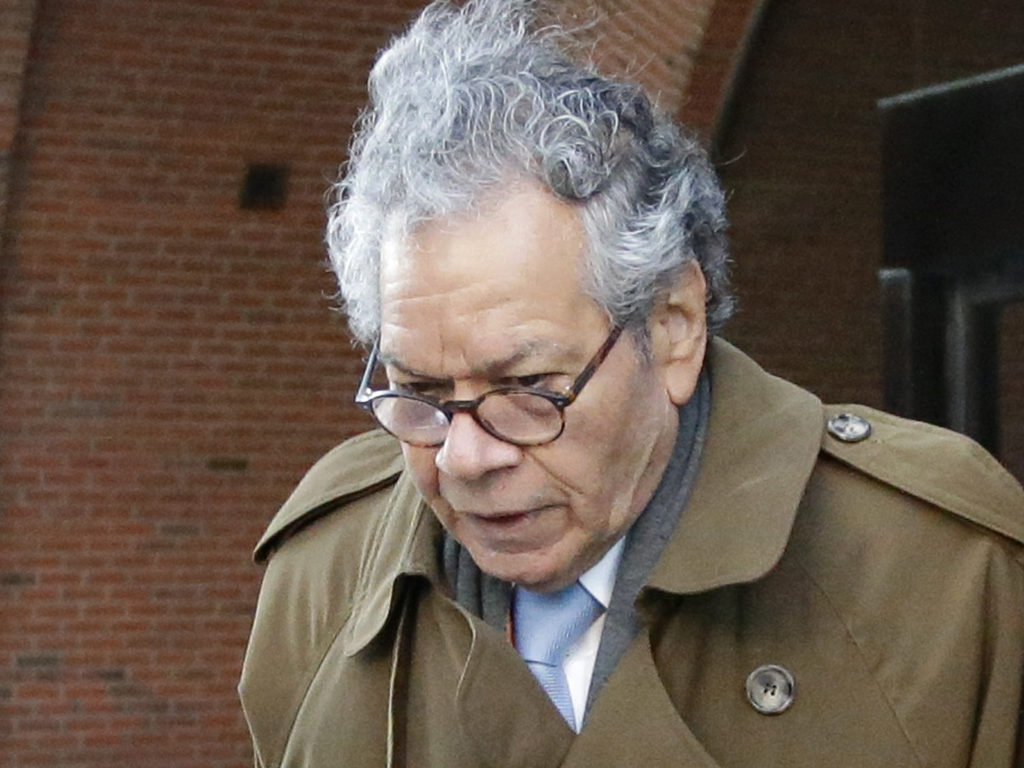
Given all the talk about the globalization of supply chains and other business activities, it is encouraging to see that international coordination can also occur when it comes to the investigation of corporate misconduct.
That is part of the story in the recent announcement that law enforcement agencies in the United States, Britain and France worked together to bring about a $4 billion settlement with Airbus to resolve allegations of bribery and export-control violations in its dealings with countries such as China, Malaysia and Ghana.
Unfortunately, cross-border cooperation can also result in the spread of undesirable practices. The Airbus deal included a deferred prosecution agreement offered by the UK’s Serious Fraud Office. Britain imported such arrangements from the United States, whose Justice Department also offered one to Airbus.
At least Britain has used DPAs sparingly – the Serious Fraud Office website lists half a dozen prior to Airbus, while the U.S. DOJ has handed out more than 200 of them, along with a roughly equal number of related non-prosecution agreements.
Part of the justification for these deals is that they will discourage corporations from repeating their offenses by holding out the possibility of an actual criminal prosecution should that occur. But Airbus is a company that already had a history of bribery.
A 2003 article in The Economist described this track record involving customers in countries such as Kuwait and India. In 2018 Airbus had to pay more than 80 million euros to resolve a bribery investigation conducted by the Munich Public Prosecutor relating to the sale of fighter aircraft to Austria. The new settlement with Airbus was the culmination of an investigation that lasted for years.
Bribery, in fact, has long been a pervasive problem in the aerospace industry, including U.S. players. Among the revelations that occurred during the Watergate investigation was the fact that companies such as Lockheed and Northrop frequently paid questionable payments to gain foreign contracts. The uproar over these payments, which also involved companies in other industries, helped bring about the Foreign Corrupt Practices Act—the key law used by U.S. prosecutors in their portion of the case against Airbus.
The FCPA has also been used against other foreign aerospace companies. These cases include an $800 million settlement with aircraft engine manufacturer Rolls-Royce that also involved prosecutors in the UK and Brazil; a $107 million settlement with Brazilian aircraft manufacturer Embraer; and a $400 million settlement with Britain’s BAE Systems.
Bribery has been such a significant issue for Airbus that the company had planned to include a chapter on its scandals in a book it had commissioned to celebrate its fiftieth anniversary. Airbus executives apparently thought that publishing that unflattering content would highlight the company’s purported commitment to transparency and thus help it negotiate a more favorable deal in its negotiations with prosecutors. Airbus subsequently decided that the move might actually have the opposite effect, and it cancelled the publication of the book.
That may have been the wiser course of action. Airbus got the deferred prosecution agreements it was seeking and thereby protected its ability to bid on government contracts. The public, however, is left to wonder whether the company and its competitors will ever cease their corrupt practices.




 The Justice Department has a lot on its plate these days, but it has apparently found time to cook up a deal that would save Wal-Mart hundreds of millions of dollars. According to
The Justice Department has a lot on its plate these days, but it has apparently found time to cook up a deal that would save Wal-Mart hundreds of millions of dollars. According to  $335 billion: that’s what has been paid by companies in fines or settlements in cases brought by federal agencies and the Justice Department during the Obama Administration. The estimate comes from the amounts associated with entries already in
$335 billion: that’s what has been paid by companies in fines or settlements in cases brought by federal agencies and the Justice Department during the Obama Administration. The estimate comes from the amounts associated with entries already in
You must be logged in to post a comment.